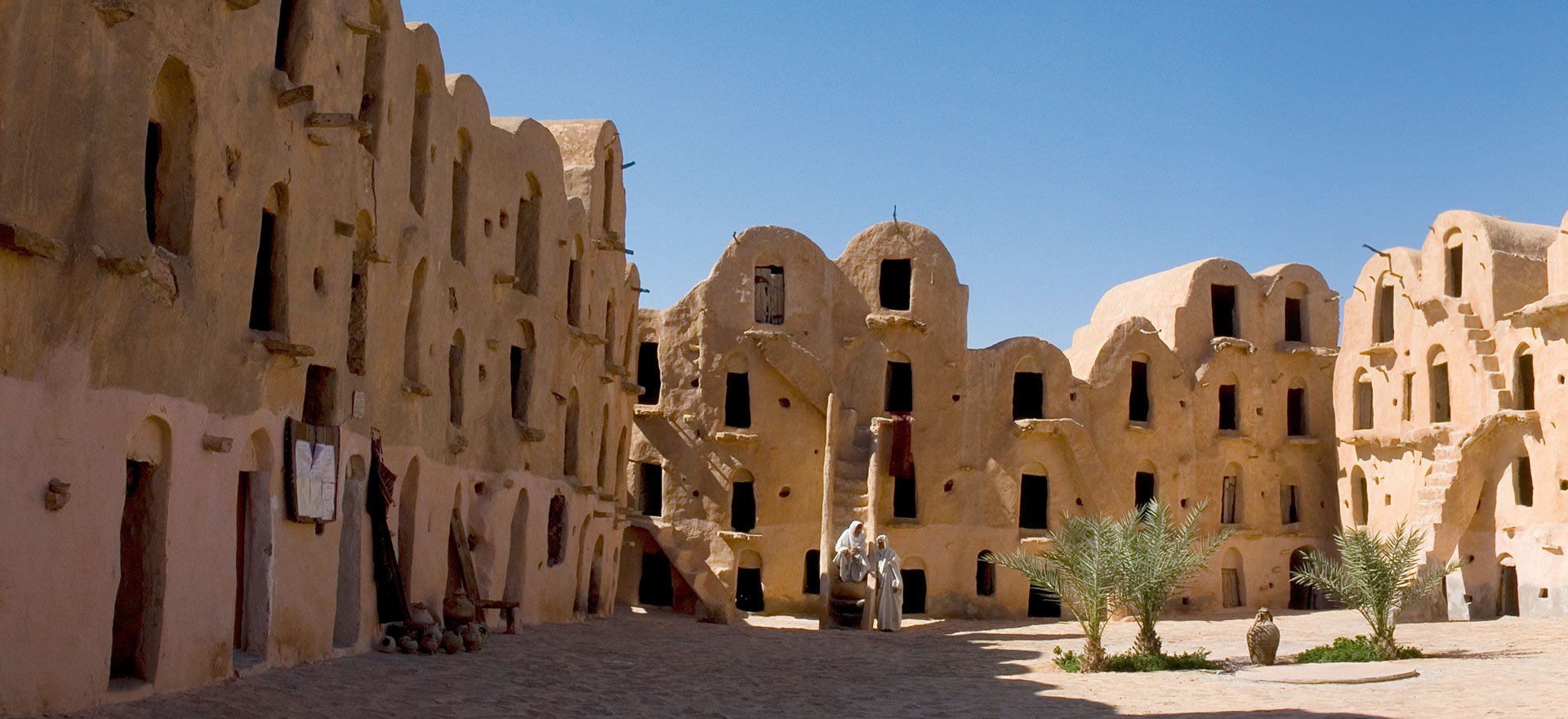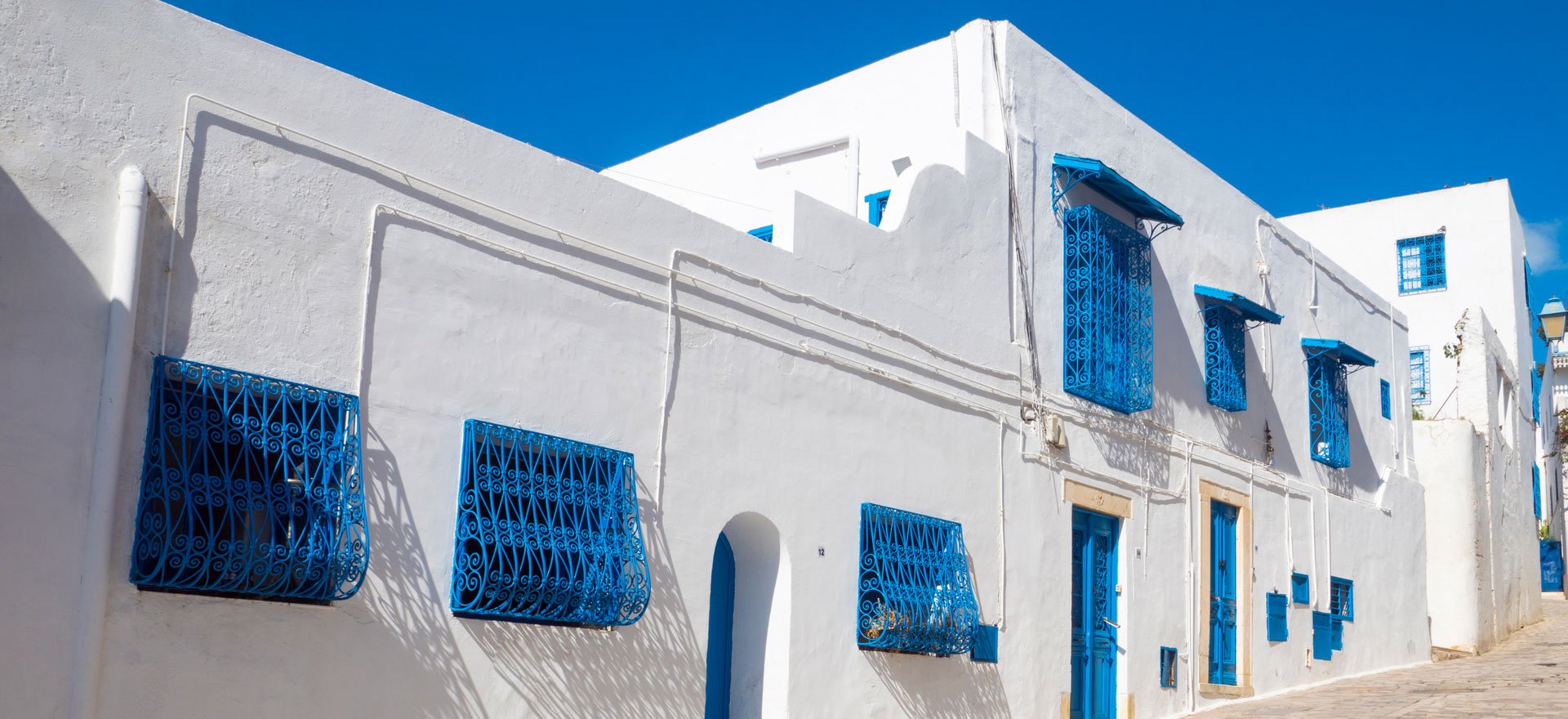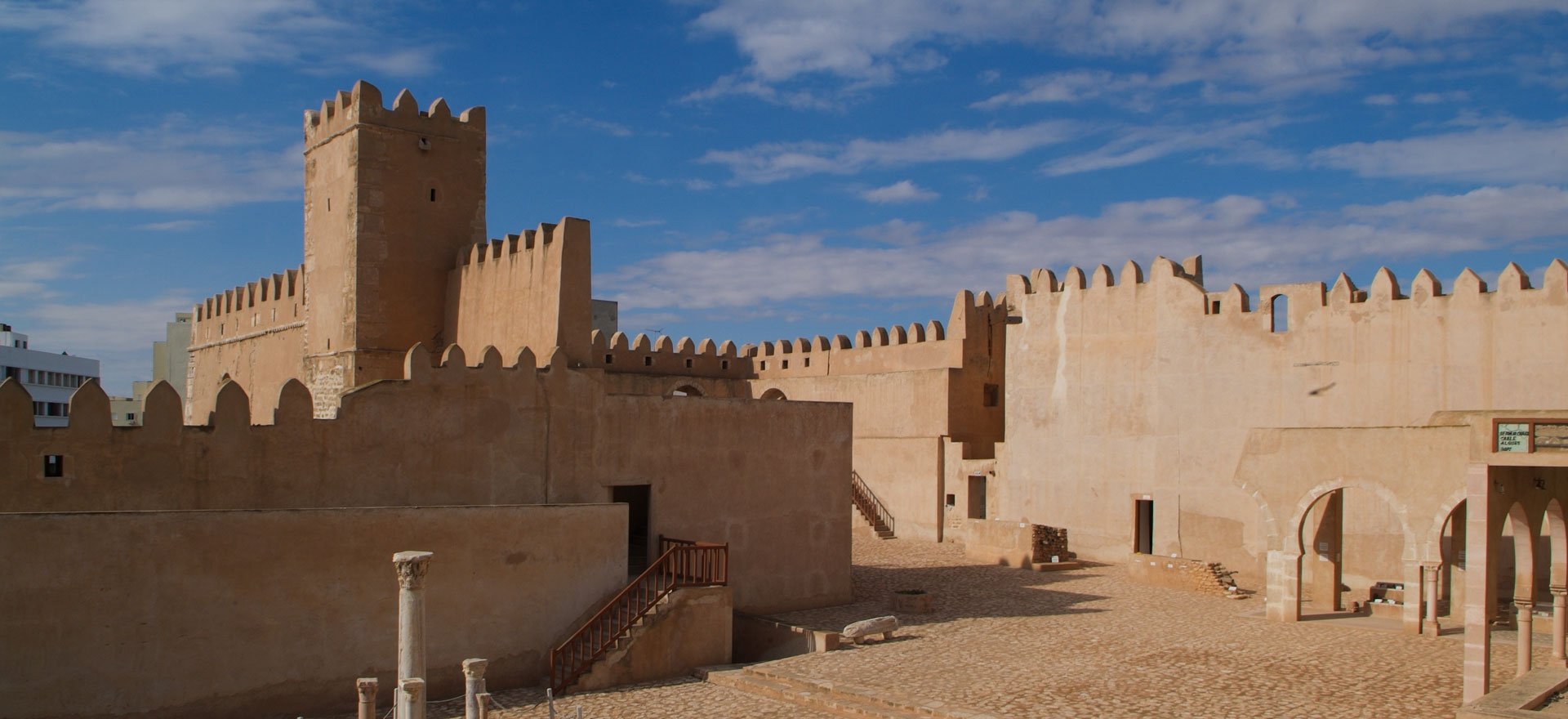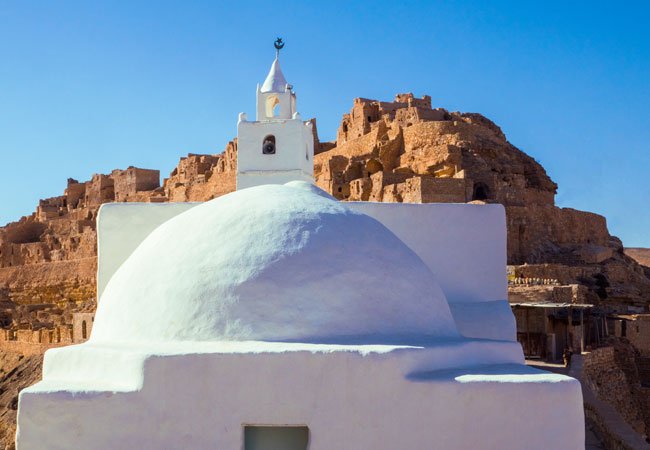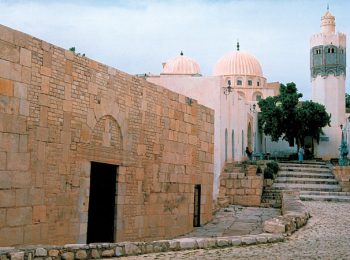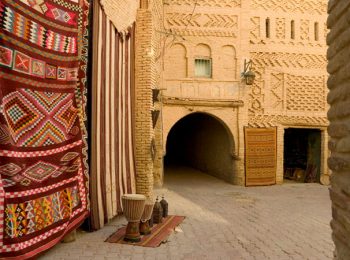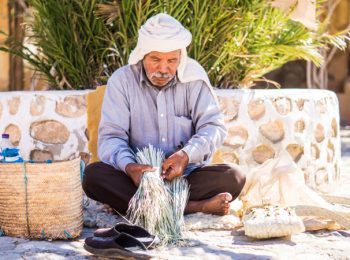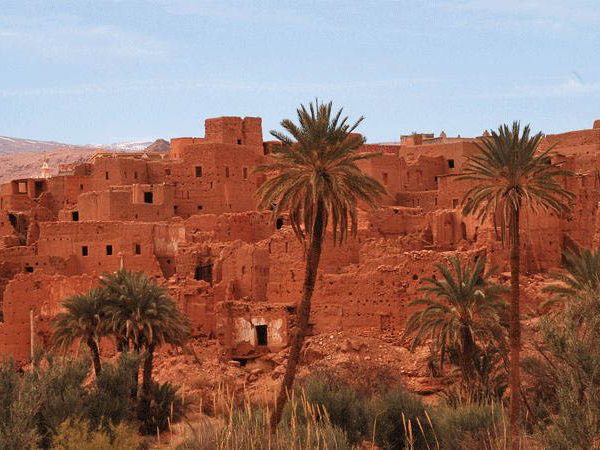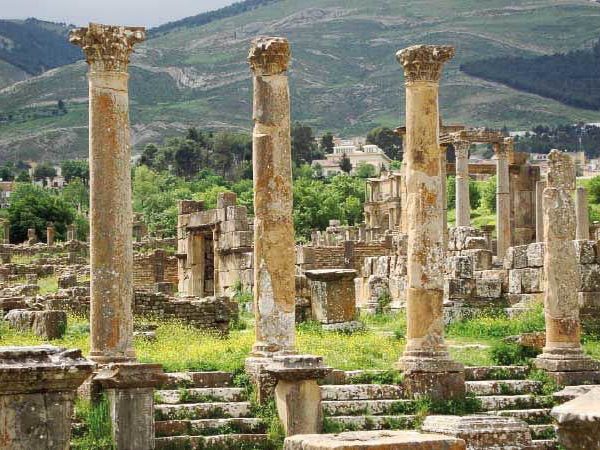Day 2 - Carthage - Sidi Bou Said
Explore the ancient site of Carthage before continuing on to the pretty whitewashed village of Sidi Bou Said, one of Tunisia’s most picturesque places. We explore the village and visit the palace of Baron d’Erlanger, a showcase of Moorish architecture, before returning to Tunis for the night. Overnight Carlton Hotel or similar. (BL)
Day 3 - Tunis
Spend the morning exploring the Tunis medina, a UNESCO World Heritage Site, with its narrow streets, bustling souks and historic monuments. We also have an opportunity to meet a local journalist for an insight into the Tunisian Revolution. Overnight Carlton Hotel or similar. (BL)
Day 4 - Bulla Regia - Chemtou - Le Kef
Drive west to Bulla Regia where we visit its well preserved underground Roman villas. After lunch head to Chemtou, famous for its Numidian marble used throughout the Roman Empire. Here we visit the quarry and museum before continuing to Le Kef for the night. Overnight Dar Sidi Abdallah Hotel or similar. (BLD)
Day 5 - Le Kef - Dougga - Kairouan
Visit the old fortress in Le Kef then drive to the hillside town of Dougga, home to the best-preserved Roman city in Tunisia. Spend time exploring its temples, baths and theatres, then drive to Kairouan. Overnight La Kasbah Hotel or similar. (BLD)
Day 6 - Kairouan - Tozeur
Spend today exploring Kairouan, Tunisia’s oldest Arab city and one of Islam’s most important sites. We visit the Great Mosque and Barber’s Mausoleum, known for its beautiful hand painted tiles, then continue south to the oasis of Tozeur for the night. Overnight Dar Sayda Baya Hotel or similar. (BLD)
Day 7 - En Negueb Mountains
Explore the oases of Chebika, Tamerza and Mides in the En Negueb hills, each with their own unique features from waterfalls and canyons to wadis and abandoned villages. This is an opportunity to get far off the beaten track and see a side of Tunisia that few visitors ever get to see. In the afternoon, take a walk through the old town of Tozeur, known for its interesting mud brick buildings. Overnight Dar Sayda Baya Hotel or similar. (BLD)
Day 8 - Douz - Tembain
Drive south crossing Chott El Jerid, Tunisia’s largest salt lake, to reach Douz – the gateway to the Sahara. We drive through the sands, making a few scenic stops along the way before arriving at our camp in Tembain, in time to watch the sunset over the dunes. Overnight tented camp. (BLD)
Day 9 - Matmata - Tamezret
Continue our journey through the desert to the Dahar Mountains, one of the country’s most traditional regions. We spend our time here visiting the villages of the Berber people with their underground cave dwellings, learning about their way of life. Spend the night in Tamezret. Overnight Dar Ayed Hotel or similar. (BLD)
Day 10 - Tataouine
Drive to the Tataouine region, home to centuries old Berber villages and their ‘ghorfas’ – fortified granaries situated on the hilltops. Visit the picturesque village of Chenini and Mosque of the Seven Sleepers, among other sites. Overnight Dakyanous Hotel or similar. (BLD)
Day 12 - El Jem - Sousse
Travel north and take the ferry back to the mainland where we visit the Ampitheatre of El Jem, the largest of its kind in North Africa. Continue to Sousse where we spend some time at the archaeological museum and enjoy a tour of the lively medina. Overnight Marhaba Palace Hotel or similar. (BLD)
Day 13 - Tunis
Return to Tunis where we visit the Bardo National Museum, home to one of the richest collections of Roman mosaics in the world. The rest of the day is free to relax or explore. Overnight Carlton Hotel or similar. (BD)
Day 14 - Tunis
Transfer to the airport for departure. (B)
What's included?
What's not included?
Visas
Travellers from the UK, EU, US and Australia do not require a visa to enter Tunisia for visits lasting less than 90 days. Visa regulations can change however and so we recommend that you contact your nearest embassy for the most up to date information.
Health and vaccinations
We are not medically qualified and so we recommend that you speak to your doctor or nearest health professional for advice concerning recommended vaccinations. For more advice on vaccinations you can also visit www.fitfortravel.nhs.uk
If you have any physical limitations that might impact your ability to participate in the planned tour activities, it’s essential that you make us aware as soon as possible so that we can discuss this with you.
Insurance
It is a condition of joining our tours that you have suitable travel insurance in place, and we cannot accept travellers without insurance. All policies differ in terms of what they will cover, but as a minimum you need medical and health cover, which will cover you for the whole time that you are away. Most policies will also include cancellation cover, which will cover you if an unforeseen circumstance obliges you to cancel your trip. We recommend that you obtain your insurance as soon as you book your trip.
Please note that government travel warnings often affect the validity of your travel insurance, and you should check this with your insurance company.
Money
Tunisia’s local currency is the dinar, which you will not be able to obtain from your local exchange bureau. We recommend taking Euros for exchange purposes. Changing money is fairly simple – many hotels will offer this service and there are also banks and exchange bureaus in larger towns. Your guide will be able to advise of the best option. Most towns also have ATMs which accept foreign cards, although don’t count on these always working.
Local conditions
When travelling to some of the destinations we offer you need to bear in mind that things won’t always work here as we’re used to them working at home. Travelling in underdeveloped and untouristed destinations requires both patience and a sense of humour. There may be problems with infrastructure, attitudes may be different, and maintenance may not be as high a standard as we would always like, but this is very much part and parcel of travelling in such a place.
In addition, roads throughout the parts of Africa that we visit are often poorly maintained (if at all!) and distances between key sites of interest can be long. Travelling in Africa can be tiring, hot and dusty at times, and inevitably it can be frustrating. While there are some issues that we are able to solve, others are intrinsic to the countries that we travel through, and you should be aware that many of the countries that we operate in cannot be compared to others on the continent that have better infrastructure – for example the popular tourist destinations of east and southern Africa.
Although travelling in these countries can at times be an ‘unpolished’ experience, this is all part of the adventure. We aim to resolve any issues as quickly as possible, and putting up with a pothole (or ten) is undeniably worth it for the amazing sights and cultural experiences you will encounter along the way.
This is particularly relevant to this trip – it travels through some remote regions, some of which are largely isolated from the outside world and have very little experience of tourism whatsoever.
Travel advice
We keep a very close eye on the travel advice issued by the UK Foreign and Commonwealth Office so that we can keep you up to date with any warnings. At the time of writing the FCO advises against travel to some of the villages that we visit on Day 7, for the reason that they are close to the Algerian border.
We work very closely with our local team and are fully confident that we can operate tours safely in Tunisia. Should you have any concerns over safety please do not hesitate to contact us and we can address your concerns.
Please note that the information contained above is highly susceptible to change, and while we endeavour to keep up to date we recommend that you use this as a guide only. Should you have any questions, please don’t hesitate to contact us.

